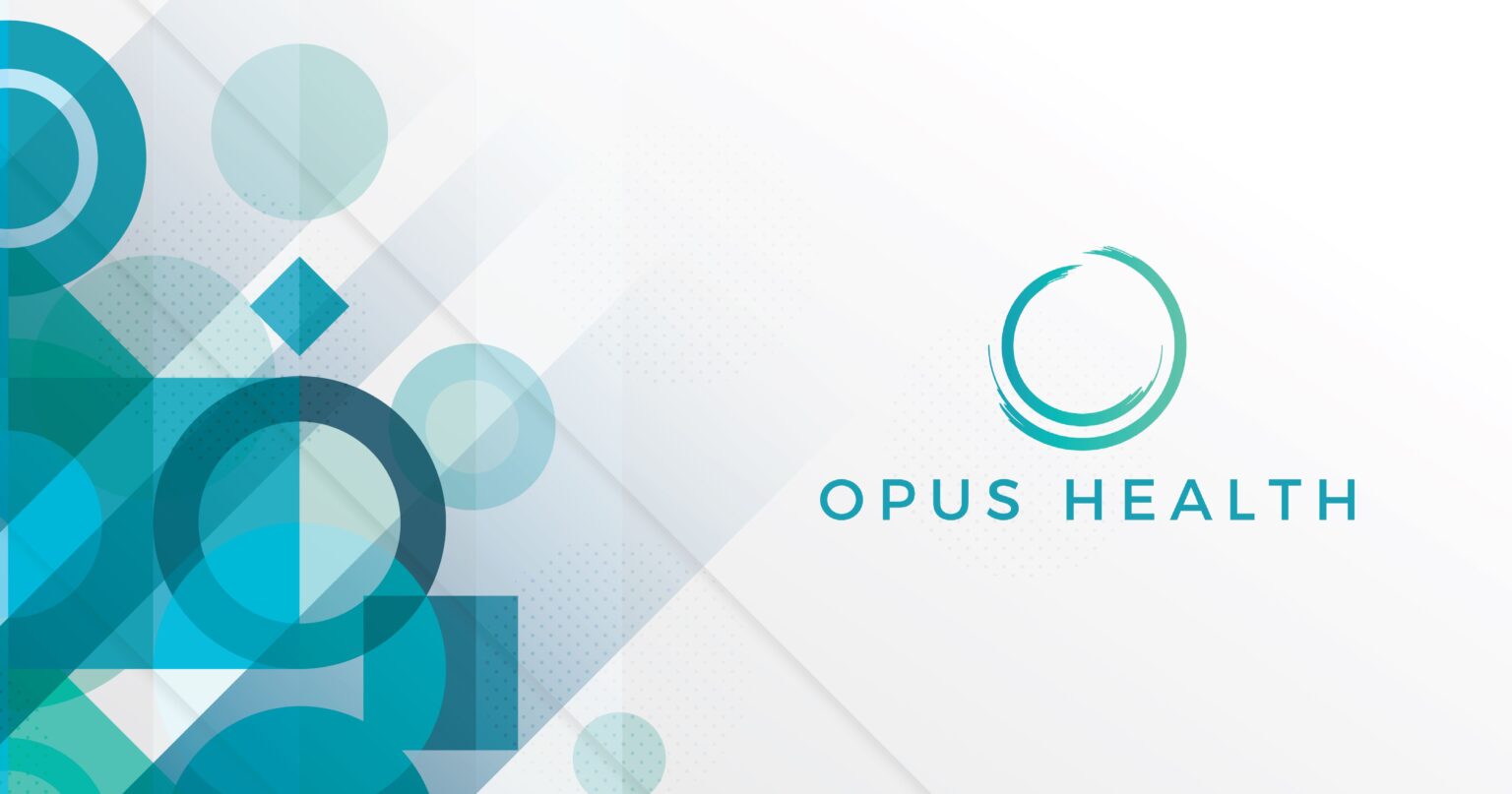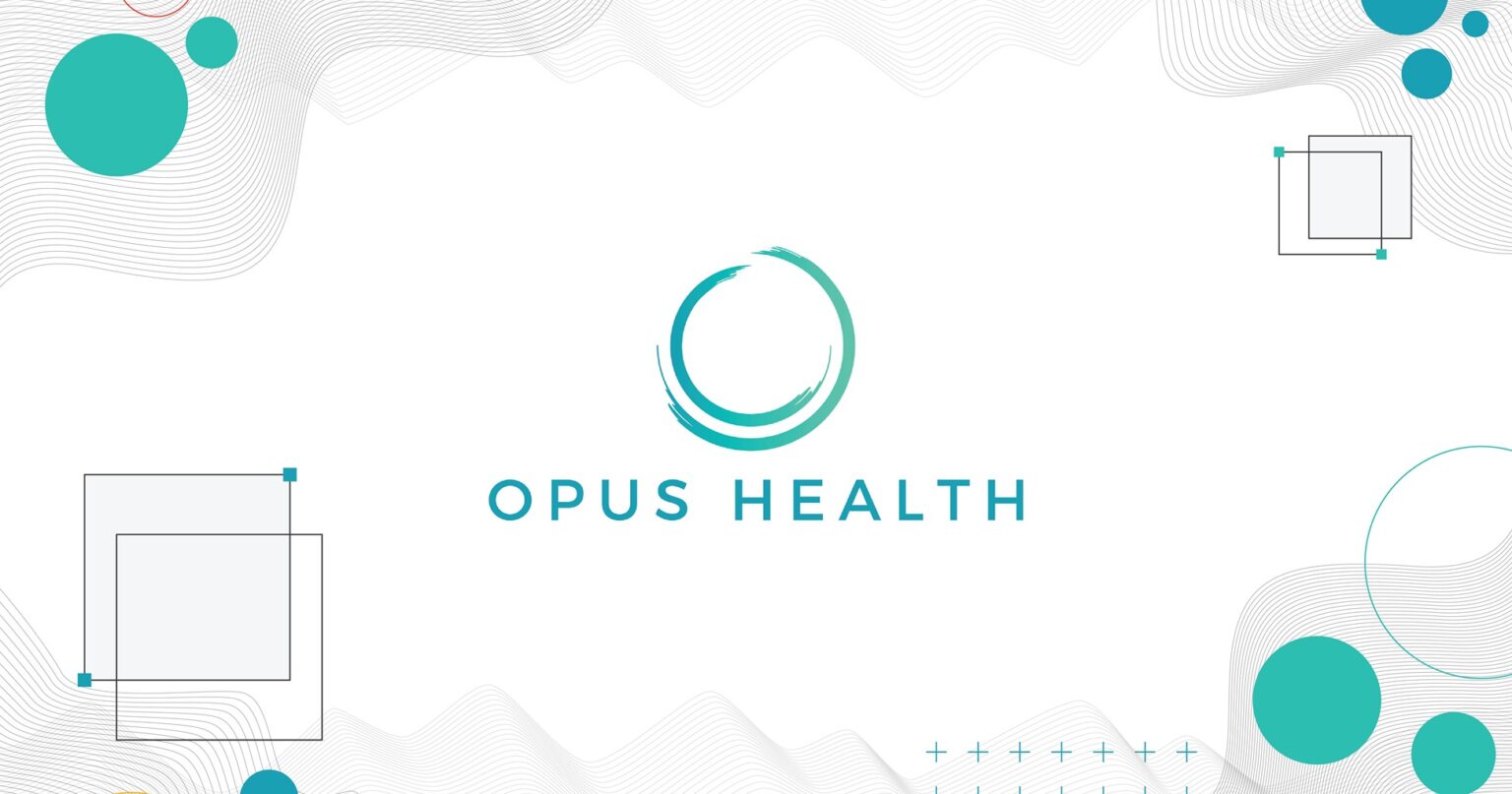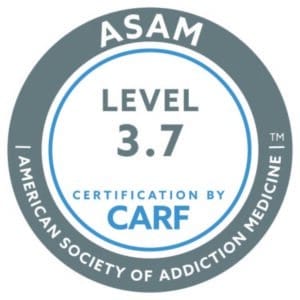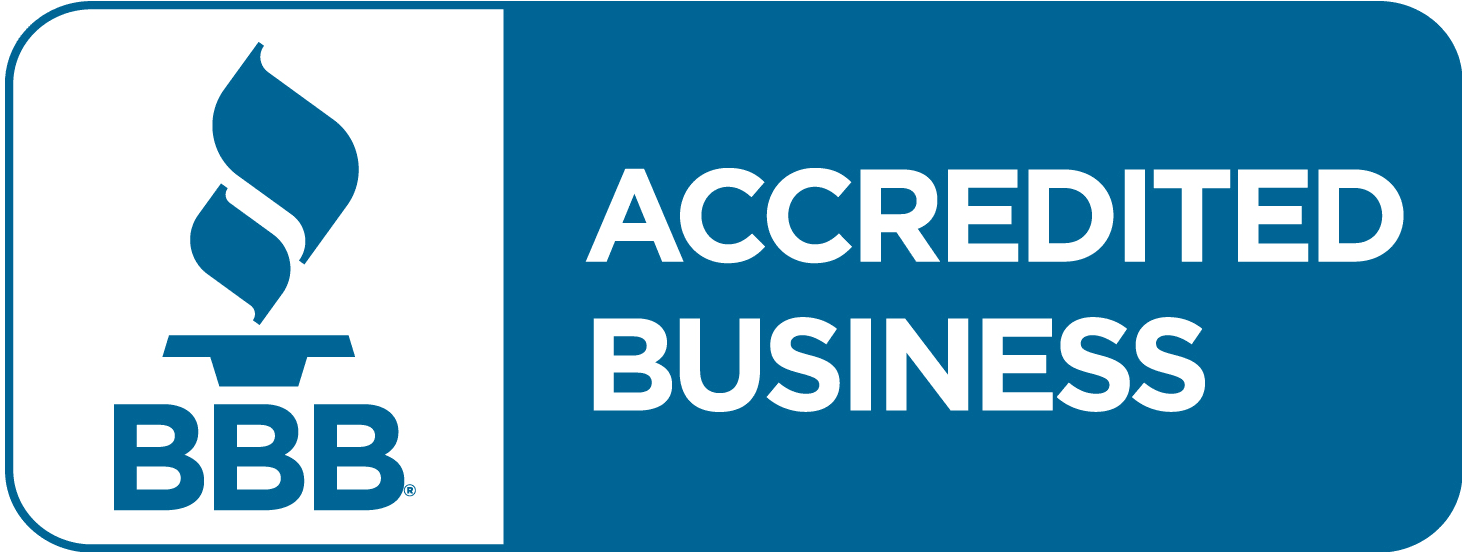Detox vs Rehab: Understanding the Difference and Choosing the Right Path to Recovery
Recovering from substance use disorders requires a structured treatment program that addresses both the physical dependency and psychological aspects of addiction. Two key components of this recovery journey are detox programs and rehab programs. While both play a crucial role in achieving long-term sobriety, they serve different purposes. Understanding the differences between detox and rehab center treatments can help individuals choose the right path to recovery.
What is Detox?
Definition and Purpose
Detox, also known as medical detox, is the initial step in addiction treatment. The primary goal of detox is to eliminate harmful substances from the body while managing the physical withdrawal symptoms that occur when someone stops using addictive substances. Medical professionals oversee the detox process to ensure a safe transition into substance abuse treatment.
Overview of Detox Centers
A dedicated detox center provides 24-hour care in a clinical environment to help individuals safely withdraw from illicit drugs and alcohol. There are different types of detox programs, including:
- Inpatient detox (residential detox) – Requires staying in a treatment facility with round-the-clock medical care.
- Outpatient detox – Allows individuals to detox at home while attending regular visits with addiction specialists.
- Alcohol detox center – Specializes in the alcohol detox process, which often requires medication management for alcohol withdrawal.
Typical Duration and Process
The duration of detox varies based on the substance of abuse, the severity of withdrawal symptoms, and the individual’s addiction history. On average, medical detox programs last between 3 to 10 days. The detox phase typically includes:
- Formal assessment of medical history and level of substance dependency
- Administration of medications to ease physical symptoms like high blood pressure and heart rate fluctuations
- Supervision by medical teams to prevent dangerous withdrawal symptoms
- Referral to drug addiction treatment for continued care
What is Rehab?

Overview of Rehab Centers
After completing detox, individuals need intensive treatment to address the psychological dependency on drugs or alcohol. Rehab programs focus on the behavioral aspects of addiction and provide structured programs to support long-term recovery.
Common Treatment Modalities
Rehab centers offer a comprehensive approach to addiction recovery, including:
- Individual therapy (e.g., cognitive-behavioral therapy) to address underlying issues
- Family therapy and family counseling to improve relationships
- Behavioral therapies such as 12-step programs, art therapy, and alternative therapies
- Medication management for co-occurring mental health conditions
Levels of Care in Rehab
- Inpatient rehab (residential rehab program) – Provides 24-hour care in a supportive environment.
- Outpatient rehab – Allows individuals to receive treatment per day while maintaining everyday life responsibilities.
- Partial hospitalization (PHP) – A treatment option for those needing intensive treatment without full hospitalization.
Key Differences Between Detox and Rehab
Focus on Physical vs. Psychological Aspects
- Detox centers focus on the physical aspect of addiction by eliminating toxic substances and managing withdrawal symptoms.
- Rehab centers address the psychological components and provide behavioral therapies for sustained recovery.
Duration of Treatment Stages
- Detox programs typically last days to a week.
- Rehab programs range from 30 to 90 days or longer, depending on the type of treatment and level of care.
Level of Medical Supervision
- Medical detox requires constant supervision to prevent severe withdrawal symptoms.
- Rehab programs offer therapy sessions and aftercare planning but with less intensive medical care.
Pros of Detox
Safe Management of Withdrawal Symptoms
A detox clinic provides professional detox to help individuals safely withdraw from substances under the supervision of medical personnel.
Immediate Substance Cleansing
Detox clears the body of alcohol and harmful substances, providing a clean slate for further treatment.
Establishing a Foundation for Recovery
Detox is a crucial step in the recovery process, preparing individuals for comprehensive care in a rehab center.
Cons of Detox
Limited Support for Behavioral Issues
Detox does not address the psychological effects or mental health conditions that contribute to addiction.
Risk of Relapse During Transition
Without proper aftercare services, individuals may struggle with relapse prevention strategies.
Not Comprehensive for All Recovery Needs
A detox program alone is not enough for long-term sobriety; it must be followed by substance abuse treatment.
Pros of Rehab
Addressing Underlying Psychological Issues
Rehab provides a safe space for individuals to explore co-occurring mental health issues and develop relapse prevention techniques.
Comprehensive Life Skills and Coping Strategies
Rehab teaches life skills training, healthy lifestyle choices, and coping mechanisms for sustained recovery.
Supportive Community Environment
A supportive environment with structured programs helps individuals reintegrate into daily lives while maintaining a sober lifestyle.
Cons of Rehab
Potential High Costs
Residential facilities and intensive outpatient treatment can be costly, though addiction treatment centers offer financial assistance options.

Time Commitment Required
Some stages of treatment require hours of treatment per day, making it difficult for those balancing work or family life.
Possible Stigma Associated with Treatment
Misconceptions about substance addiction may discourage some from seeking professional addiction treatment.
When to Choose Detox
Severe Substance Dependence
Individuals with severe withdrawal symptoms need medical interventions in a detox center.
Presence of Withdrawal Symptoms
If a person experiences acute withdrawal symptoms, medical detox is necessary for safe treatment.
Need for Medical Supervision
Detox programs are essential when withdrawal symptoms pose adverse side effects, such as seizures or hallucinations.
When to Choose Rehab
Long-term Substance Use History
Those with a long history of drug abuse benefit from a rehab program that addresses the psychological dependency on substances.
Co-occurring Mental Health Conditions
Individuals with co-occurring mental health disorders need dual diagnosis treatment for comprehensive recovery.
Desire for Comprehensive Behavioral Support
Rehab facilities provide a multifaceted nature of care, addressing all facets of addiction through structured treatment plans.
How Detox and Rehab Work Together
Sequential Treatment Approach
Many individuals begin their journey to sobriety with detox to rehab, ensuring an effective transition into long-term recovery.
Importance of Aftercare Planning
Aftercare programs and extended care programs help maintain a stable living environment for continued recovery.
Holistic Recovery Journey
Both detox vs. rehab are essential components of a comprehensive recovery journey. Detox cleanses the body of toxins, while rehab provides behavioral therapies for lasting sobriety.
Conclusion
Choosing between detox vs rehab depends on an individual’s severity of dependence and treatment needs. Detox centers provide critical care for managing withdrawal symptoms, while rehab programs focus on long-term recovery through comprehensive treatment. For successful recovery, both are often needed to build a strong foundation for a substance-free life.
Frequently Asked Question's
The difference between detox and rehab lies in their focus. Detox programs help individuals manage withdrawal symptoms and remove toxic substances from the body, addressing the physical aspect of addiction. In contrast, rehab programs focus on the psychological aspects of addiction, providing therapy sessions, relapse prevention strategies, and behavioral therapies to support long-term sobriety.
For individuals with physical dependence on drugs or alcohol, medical detox is often necessary before beginning rehab treatment. Detox stabilizes the body and prepares individuals for intensive treatment in a rehab center. Without detox, withdrawal symptoms can make it difficult to focus on therapy and the recovery process.
The duration of detox depends on factors such as type of substance used, addiction history, and severity of withdrawal symptoms, typically lasting 3 to 10 days. Rehab programs can last 30, 60, or 90 days, with some individuals requiring extended care programs or residential treatment programs for lasting recovery.
Unsupervised detox can be dangerous, especially for individuals experiencing severe withdrawal symptoms such as seizures, hallucinations, or extreme dehydration. Medical detox programs provide 24-hour care from healthcare professionals to ensure a safe transition. For those with mild withdrawal symptoms, outpatient detox may be an option, but it should still be done under the supervision of medical professionals.












